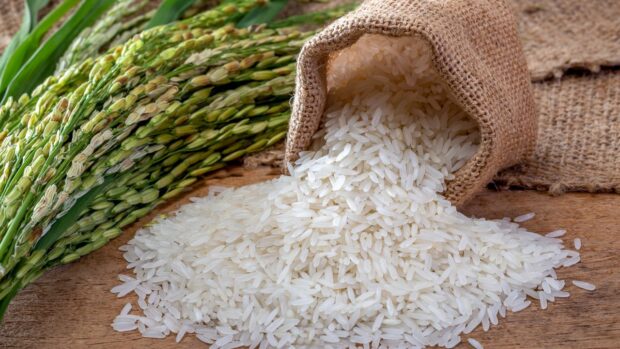Senate probe sought into clashing rice policies

Rice is the top staple food of Filipinos. INQUIRER.net stock images
MANILA, Philippines — The Senate has been urged to look into so-called “uncoordinated and contradicting policies” of the government on rice regulation.
On Wednesday, opposition Senator Risa Hontiveros filed Senate Resolution No. 794, calling on the appropriate committee in the upper chamber to conduct the probe.
Through Executive Order No. 39, issued last August 31, President Ferdinand Marcos Jr. directed the imposition of a mandatory price cap on regular-milled and well-milled rice, effective September 5, to rein in the rising rice prices in the county.
The resolution noted, however, the concerns that EO No. 39 might “encourage rather than curb hoarding, profiteering, and the proliferation of cartels.”
Adding to fears that the administrative decree would backfire was Department of Finance (DOF) Secretary Benjamin Diokno’s reported admission that the economic team was not consulted on the mandatory price ceiling.
Article continues after this advertisementDiokno earlier surmised that the President’s directive might have been prompted by “market players that are misbehaving, much more so nowadays than during previous administrations.”
Article continues after this advertisementThe DOF subsequently proposed removing 35 percent import tariff rates on rice to arrest the surge in food commodity prices.
READ: Imee: My dad will rise and declare martial law because of these rice issues
But Hontiveros’ resolution said such a proposal would contradict the “administration’s past statements bolstering the need for government-to-government importation rice.”
“These extreme and conflicting policies are being thrown around, even as the National Food Authority has failed to utilize its P7,000,000,000 to maintain a sufficient rice buffet stock sourced solely from local farmers as mandated by Republic Act No. 11203,” the resolution asserts.
RA No. 11203 is the rice tariffication law signed in 2019 by former President Rodrigo Duterte.
“There is an evident lack of leadership, coordination, and cohesion in the country’s policies on rice regulation to the grave risk and detriment of the people,” it states.